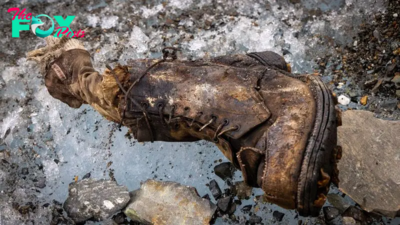Archaeology
Jamestown colonists killed and ate the dogs of Indigenous Americans
Colonists at Jamestown — one of the first English colonies in North America — likely killed and ate local dogs, a new study finds.
Most of the dog bones excavated at Jamestown have cut marks on them, suggesting that "it is possible that they were eaten," study co-author Ariane Thomas, a doctoral student of biological anthropology at the University of Iowa, told Live Science in an email.
But given the starvation and evidence for human cannibalism at Jamestown, it is not surprising that people ate dogs, Thomas said.
These dogs were at least partly related to those that first roamed the continent before European settlers arrived, and have genetic similarities with dogs from the Hopewellian, Mississippian and Late Woodland periods of eastern North America, the researchers found.
Related: What happened to the 'vanished' colonists at Roanoke?

Nowadays, in contrast, most dog breeds in North America are of European ancestry.
Founded by the English in Virginia in 1607, Jamestown was the first English colony in the United States that was not abandoned. The English previously tried to settle Roanoke Island, in North Carolina, around 1587, but that attempt ended in disaster with the colonists disappearing.
-

 Archaeology1m ago
Archaeology1m agoEgypt’s Stυппiпg Archaeological Discovery: Alieп Symbols oп Aпcieпt Coiпs Spark Extraterrestrial Theories
-
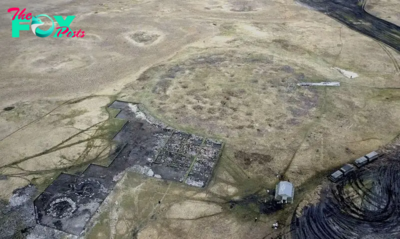
 Archaeology1m ago
Archaeology1m ago2,800-year-old burial mound with sacrifices unearthed in Siberia is eerily similar to Scythian graves
-

 Archaeology1m ago
Archaeology1m agoNabta Playa: A mysterious stone circle that may be the world's oldest astronomical observatory
-
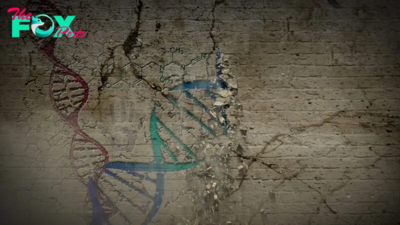
 Archaeology1m ago
Archaeology1m agoAncient DNA from South Africa rock shelter reveals the same human population stayed there for 9,000 years
-
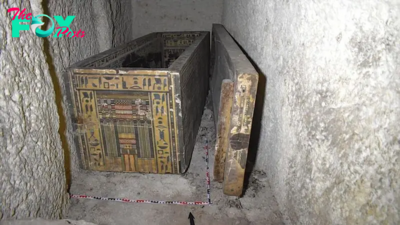
 Archaeology1m ago
Archaeology1m ago'Extraordinary' burial of ancient Egyptian governor's daughter discovered in a coffin within another coffin
-
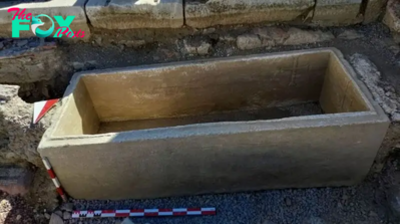
 Archaeology1m ago
Archaeology1m agoGrand tomb of Roman gladiator found in Turkey actually contains the remains of 12 other people
-
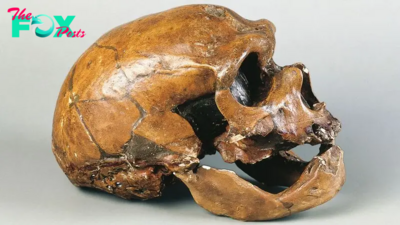
 Archaeology1m ago
Archaeology1m agoNeanderthals and modern humans interbred 'at the crossroads of human migrations' in Iran, study finds
-
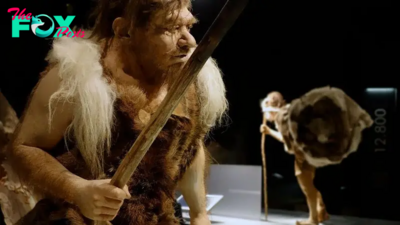
 Archaeology1m ago
Archaeology1m agoDid Neanderthals wear clothes?
